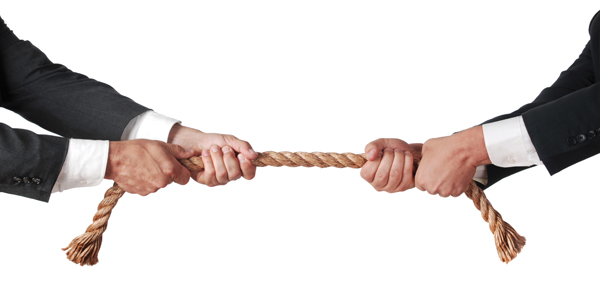Promoting Civility and Professionalism in the Courtroom
[Editor’s Note: This is the first in a series of four articles from the Ethics and Professionalism Committee of the Indiana Judicial Conference. The author thanks and acknowledges the contributions of those who attended the session at the September 2010 Judicial Conference in Indianapolis and contributed to the “Best Practices” suggestions related here.]
What should a judge do about attorneys in their courtroom who argue or make snide remarks with each other? What should a judge do about an attorney who abuses witnesses with very aggressive cross examination and perhaps personal insults?
Some judges suggest a different response depending on whether it is a bench or jury trial. If the case is being tried to a jury, the judge might want to let the jury see the attorney’s unique “personality,” as long as the attorney is professional, does not cross an ethical line, and maintains proper courtroom decorum.

If a judge is hearing a bench trial or other hearing as the trier of fact, an attorney’s extraneous comments are not evidence and cannot be weighed in making a decision. When attorneys in these proceedings make unnecessary, irrelevant, or extraneous comments, a judge may want to admonish the lawyer as he/she would a jury: “Remember that the comments your attorney makes are not evidence, and I cannot consider them when I rule on this case.” The admonition may serve to educate the client, and remind the attorney, that nasty comments don’t really help the cause and may have negative implications for the case.
If attorneys start to bicker or argue back and forth rather than addressing questions and objections to the judge, counsel should be admonished to address the bench, not each other. This can be done gently if before clients or a jury, and more deliberately if in chambers.
Be consistent. Treat all attorneys the same and expect the same civil and professional behavior from all attorneys. Don’t tolerate behavior from certain attorneys because “that’s just how they are.”
It is sometimes difficult for a judge to separate good advocacy from “over-the-line” behavior. Aggressive advocacy and tough questioning can be civil and professional. Rule 2.3(C) of the Code of Judicial Conduct states that judges must require lawyers in proceedings before the court to refrain from manifesting bias or prejudice, or engaging in harassment based on attributes including race, sex, gender, religion, national origin, ethnicity, disability, age, sexual orientation, marital status, socioeconomic status, or political affiliation, against parties, witnesses, lawyers, or others.